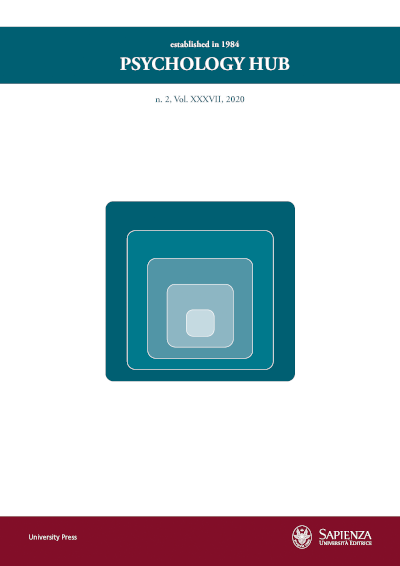The demand for populism. A psycho-cultural based analysis of the desire for non mainstream political representation
DOI:
https://doi.org/10.13133/2724-2943/17161Keywords:
populism, non mainstream voting, psycho-cultural analysisAbstract
Inspired by Semiotic Cultural Psychology Theory, the study surveyed a representative Italian national sample (N=818) to test a culture-based model of populist voting. The model assumed that a set of socio-political orientations (i.e., support for democracy, civicness, egalitarianism, anti-elitism, confidence in institutions, and respect for diversity) would mediate the relationship between symbolic universes (i.e., generalized affect-laden sets of meanings) and mainstream vs. populist voting. The results supported the main hypotheses, revealing that populist voting was favoured by a combination of concern for democracy and distrust. As expected, symbolic universes affected socio-political orientations, while a structural variable such as socio-economic status proved to be irrelevant. Implications for the SCPT framework and for research on populism and voting behaviour are discussed.Published
2020-10-21
How to Cite
Mannarini, T., Rochira, A., Ciavolino, E., Russo, F., & Salvatore, S. (2020). The demand for populism. A psycho-cultural based analysis of the desire for non mainstream political representation. Psychology Hub, 37(2), 31–40. https://doi.org/10.13133/2724-2943/17161
Issue
Section
Original Article
License
Copyright (c) 2020 Psychology Hub

This work is licensed under a Creative Commons Attribution-NonCommercial-ShareAlike 4.0 International License.





